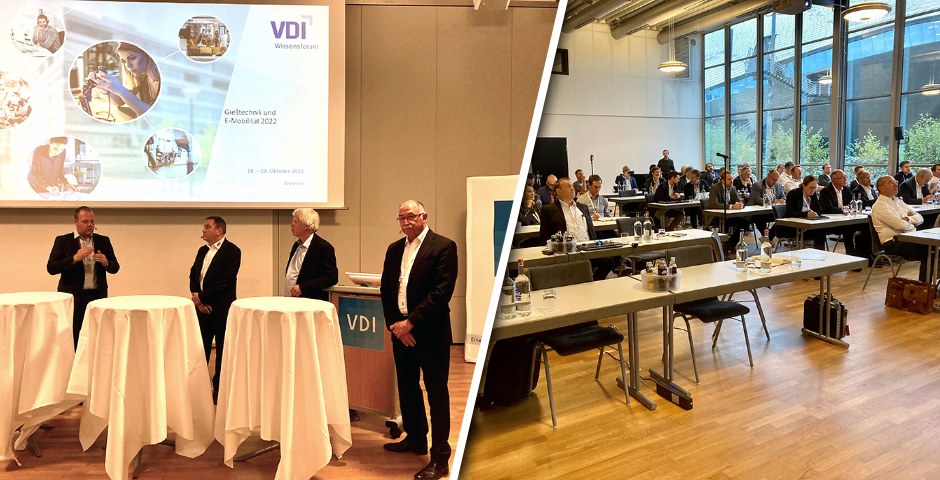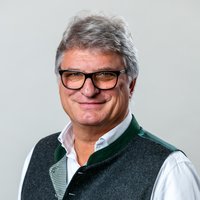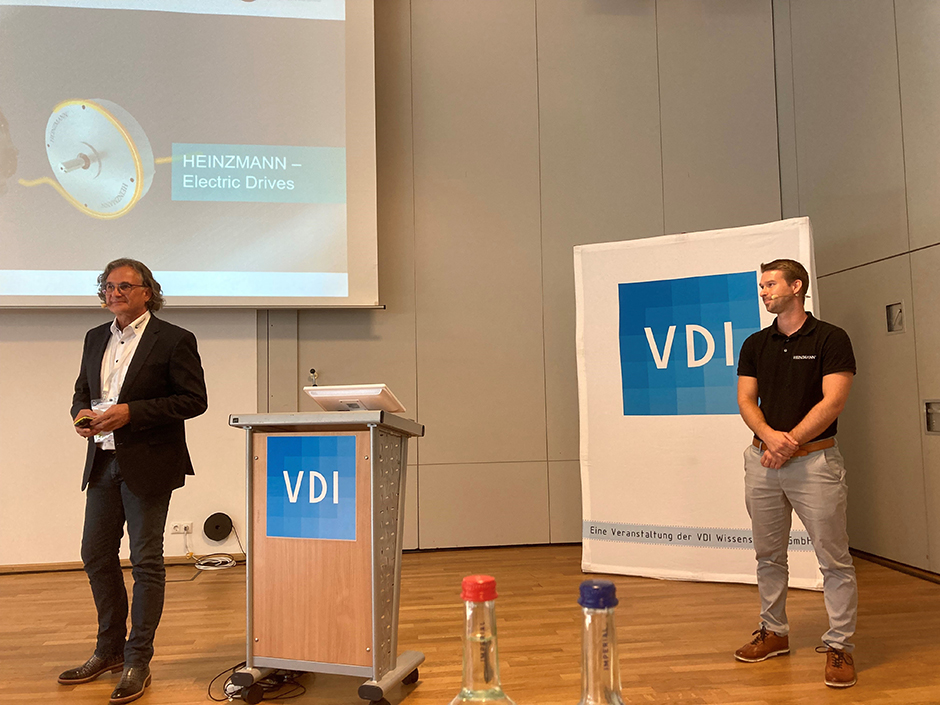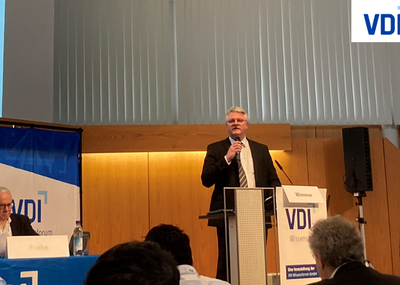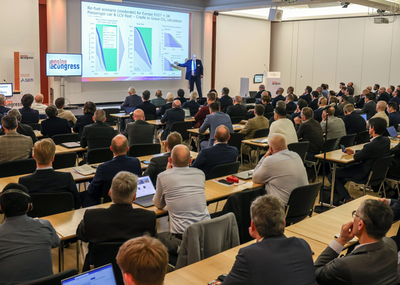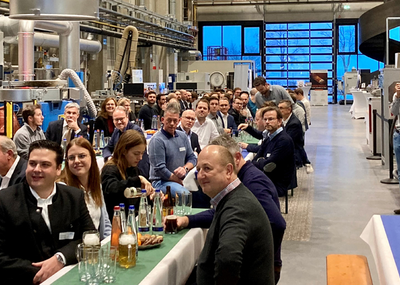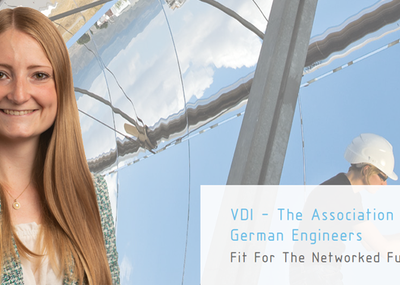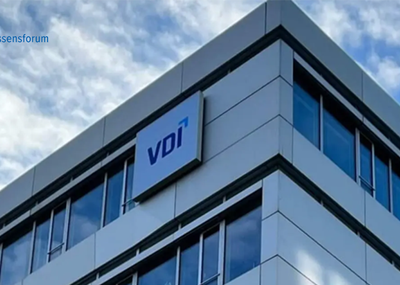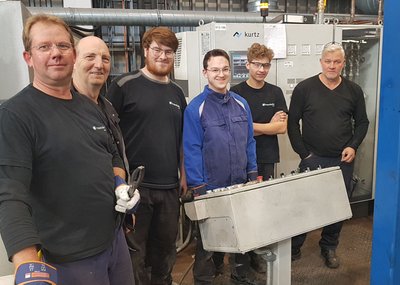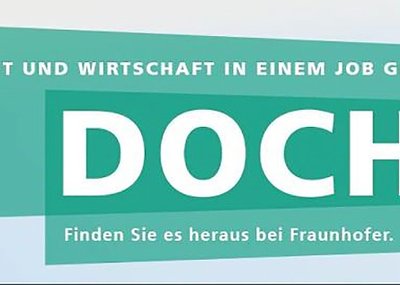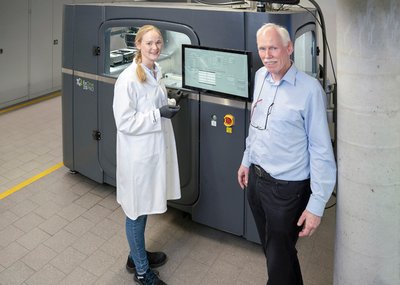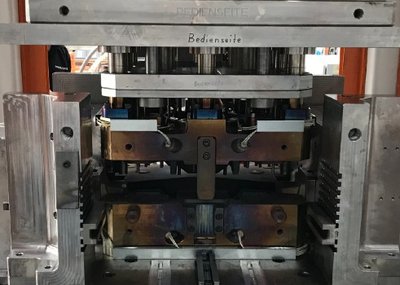Under the impression of massive economic decline, inflation and pronounced energy uncertainty, the 3rd VDI Conference on Casting Technology and E-Mobility was held in October 2022 in Bremen at the Fraunhofer Institute for Manufacturing Technology and Applied Materials Research IFAM.
In his opening statement, conference chair Dipl.-Ing. Franz-Josef Wöstmann already stated in principle that e-mobility is still a question of acceptance in society, even in Germany, and essentially depends on whether one is based in an urban or rural environment.
The current economic situation and the European environment also give cause for concern and it can undoubtedly be said that Europe is currently no longer a growth market. Therefore, right at the beginning of the well-attended event, the appeal was appropriate that there is currently no alternative to cooperative dealings between OEMs and suppliers and Wöstmann cited Japanese companies as a target-oriented example of good dealings and in the interest of all.
This laid the foundation for an exciting conference where participants from OEMs as well as suppliers, Tier1 and cross-industry experts had their say.
Giga or mega-casting giant die-casting cells on the advance?
One topic that ran through many of the contributions dealt with the future of giant die-casting machines with a clamping force of 8,000 tons and more. Recent reports speak of a 12000t machine ordered in China and considerations are also preparing 15000t machines.
In their opening address Klaus Sammer and Dr.-Ing. Thomas Kopp (both BME Group Landshut plant) made it very clear that in die casting it is not necessarily the size of the machines that counts. Rather, process reliability, casting know-how and stability are decisive. BMW casts about 3 million components with about 58,000t of die castings per year at the site and manages with machine sizes of up to 4,400t.
When used correctly, these machines can also meet the requirements of the most modern battery housings or large structural parts - neither mega nor giga machines are needed, the representatives of the Bavarian OEM clearly stated.
VOLVO has taken a different stance on this topic and will also produce with mega presses in the future, and Handtmann, the renowned die caster, wants to join the circle of mega-casters as Tier 1. Just in time for the company's 150th anniversary, a mega press from Bühler is to be installed in 2023 that will be able to produce a complete rear end car using die casting, as Dipl.-Ing. Stefan Kneer explains.
Christoph Pille and his colleague Dr Dirk Lehmhus from Fraunhofer IFAM have been working on the evaluation and alternatives to giga-casting.
In addition to all the advantages of reducing the number of process steps and individual parts, the experts also see conflicting goals with regard to the recyclability and reparability of the components. Many questions are still open here and controversial views are circulating. Like BMW, GF Casting Solutions also sees the demands on foundrymen as being more sustainability-oriented, and this has more to do with casting technology and metallurgy than with machine size, even if TESLA's Elon Musk sees it differently.
Nevertheless, the trend worldwide towards large machines is in full swing, as Jost Gaertner from ALUMAG notes. In his presentation he provided, among other things, a list of the 44 largest giant machines sold/installed worldwide (see white paper). This clearly shows that the large structural parts are in demand especially at TESLA in the USA, China and Germany, but also at large Chinese companies. From this development one could now critically deduce that EUROPA is developing from a front runner to a follower, but as described this is quite controversial.
In Gaertner's view, the shift in drive systems towards more e-mobility not only has far-reaching effects on die casting, but there are also excellent development opportunities for the areas of steel for BEV platforms and continuous casting.
Circular economy in the electric powertrain
Dr. rer.nat Marion Früchtl (Head of Central Unit of Biological Transformation Fraunhofer Institute for Casting, Composite and Processing Technology IGCV, Augsburg) was right on target for this topic. In her presentation, the expert for the circular economy explained that the climate targets for 2050 are primarily about avoiding waste in general.
Today, she said, there are mainly problems with dismantling when dealing with composite materials and various alloys. There are still many unanswered questions, especially with regard to storage and responsibility, and there is a lack of usable data.
The approach of a Circonomy Hub in a cross-sectoral open platform for networking could help here. To this end, it is planned to initiate a project that as many international interested parties as possible can join and network. (We will report on the progress of this project).

